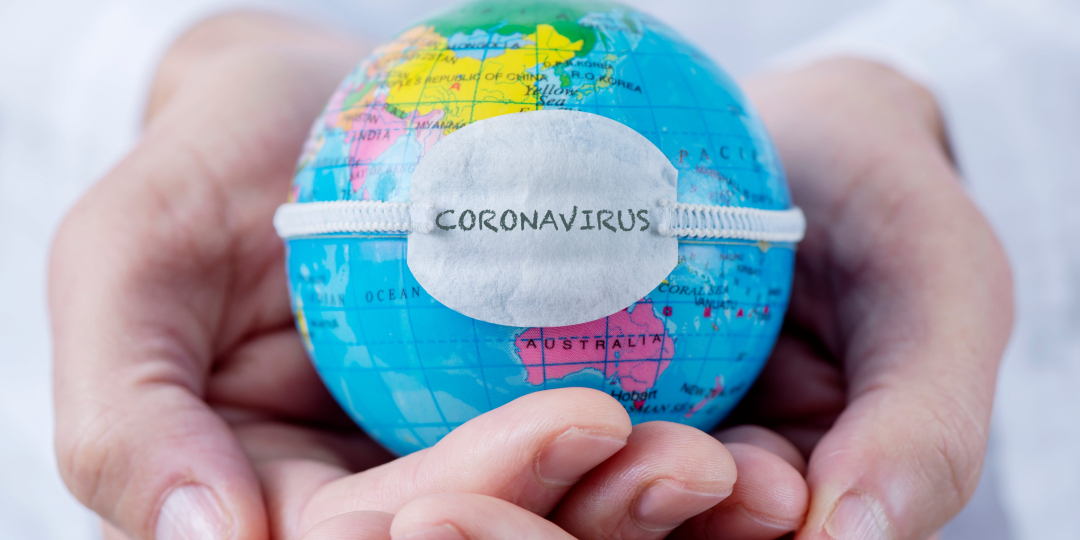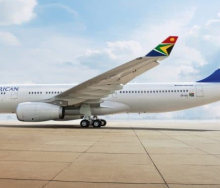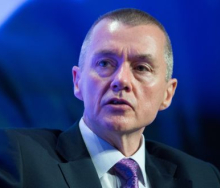The World Health Organisation has declared that the COVID-19 pandemic must continue to be recognised as a public health emergency of international concern. However, WHO Director-General Dr Tedros Adhanom Ghebreyesus has pointed out that the pandemic is probably at a transition point.
While the world is in a better position than it was during the peak of the Omicron transmission one year ago, more than 170 000 COVID-19-related deaths have been reported globally within the eight weeks preceding the meeting held by WHO on Friday, January 27.
The International Health Regulations Emergency Committee agreed that COVID-19 remained a dangerous infectious disease with the capacity to cause substantial damage to health and health systems.
WHO points out that surveillance and genetic sequencing have declined globally, making it more difficult to track known variants and detect new ones. Health systems are currently struggling with COVID-19, caring for patients with influenza and respiratory syncytial virus, health workforce shortages and fatigued health workers.
Vaccines remain critical in preventing severe disease, saving lives and taking the pressure off health systems and health workers globally. Yet the COVID-19 response remains hobbled in too many countries unable to provide these tools to the populations most in need, older people and health workers.
WHO is thereby still urging countries to:
- Remain vigilant and continue reporting surveillance and genomic sequencing data
- Recommend targeted risk-based public health and social measures
- Vaccinate populations most at risk
- Conduct regular risk communication, answer population concerns and engage communities to improve understanding of the virus
Globally, 13,1 billion doses of COVID-19 vaccines have been administered, with 89% of health workers and 81% of adults over 60 having completed primary vaccination series.














